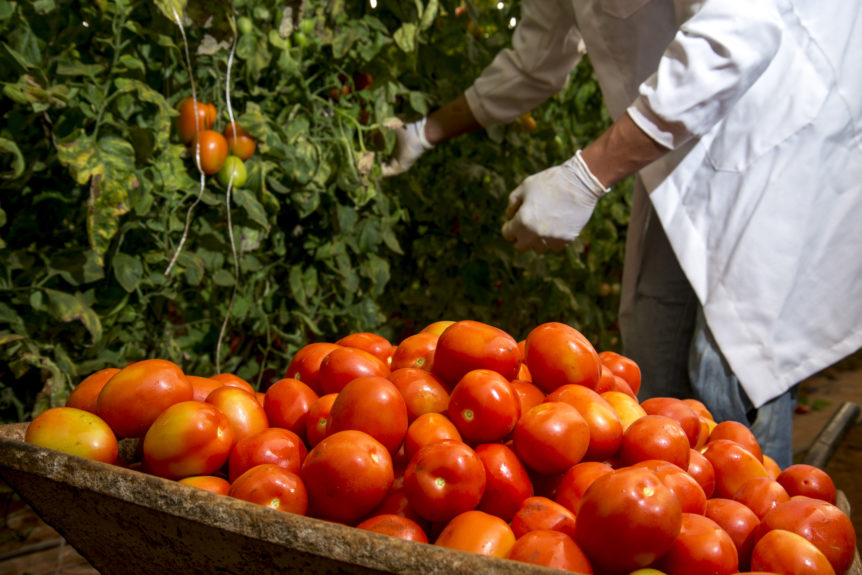
By Clint Thompson
Low vegetable prices this spring impacted the bottom line for southeast growers. They also could impact producers’ intentions when managing their fall crops, says Tim Coolong, associate professor in the University of Georgia College of Agricultural and Environmental Sciences.
“The biggest issue, I think more so than the weather, is that prices were very low this spring across the board. People are going to be pretty cautious moving forward for the fall,” Coolong said. “Growers may just try to find ways to reduce inputs. Instead of going all out on certain things, maybe they’ll cut back; just try to conserve money where they can.”
Uncommon Development
Ty Torrance, University of Georgia Cooperative Extension vegetable agent for Colquitt, Tift and Worth counties, said it was very uncommon for the vegetable industry to experience prices across all crops, which was the case this past spring.
“It’s not uncommon to see, maybe squash was low or tomatoes were low, but other crops would have a good market. It’s very uncommon for us to have low prices across the board, and it was a pretty rough spring,” Torrance said.
Coolong added, “Typically, maybe one or two things will be down, but then something else will be up. But I hadn’t heard anything good from anybody.”
Coolong could not pinpoint the exact cause for the low prices, including any tariff impacts.
“I’m not entirely sure, because I had seen a news report from April where before the tariffs were set to take place from Mexico, for example, they dumped a lot of produce on the U.S. market; just trying to unload it before the tariffs take place. I know that hurt, based on the news report, growers in South Florida, for tomatoes especially. But honestly, that was April. Our market is not until May and June,” Coolong said.










